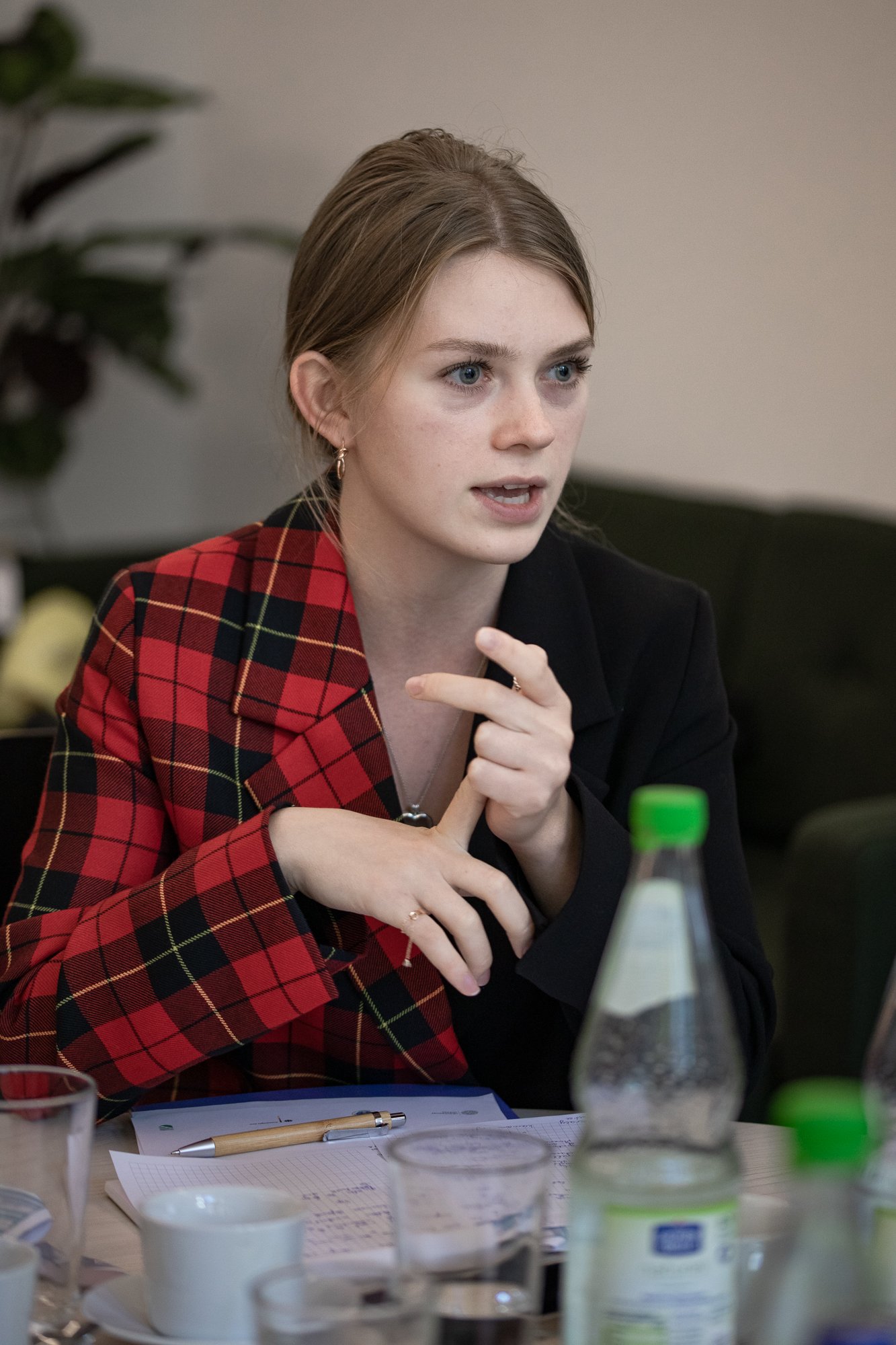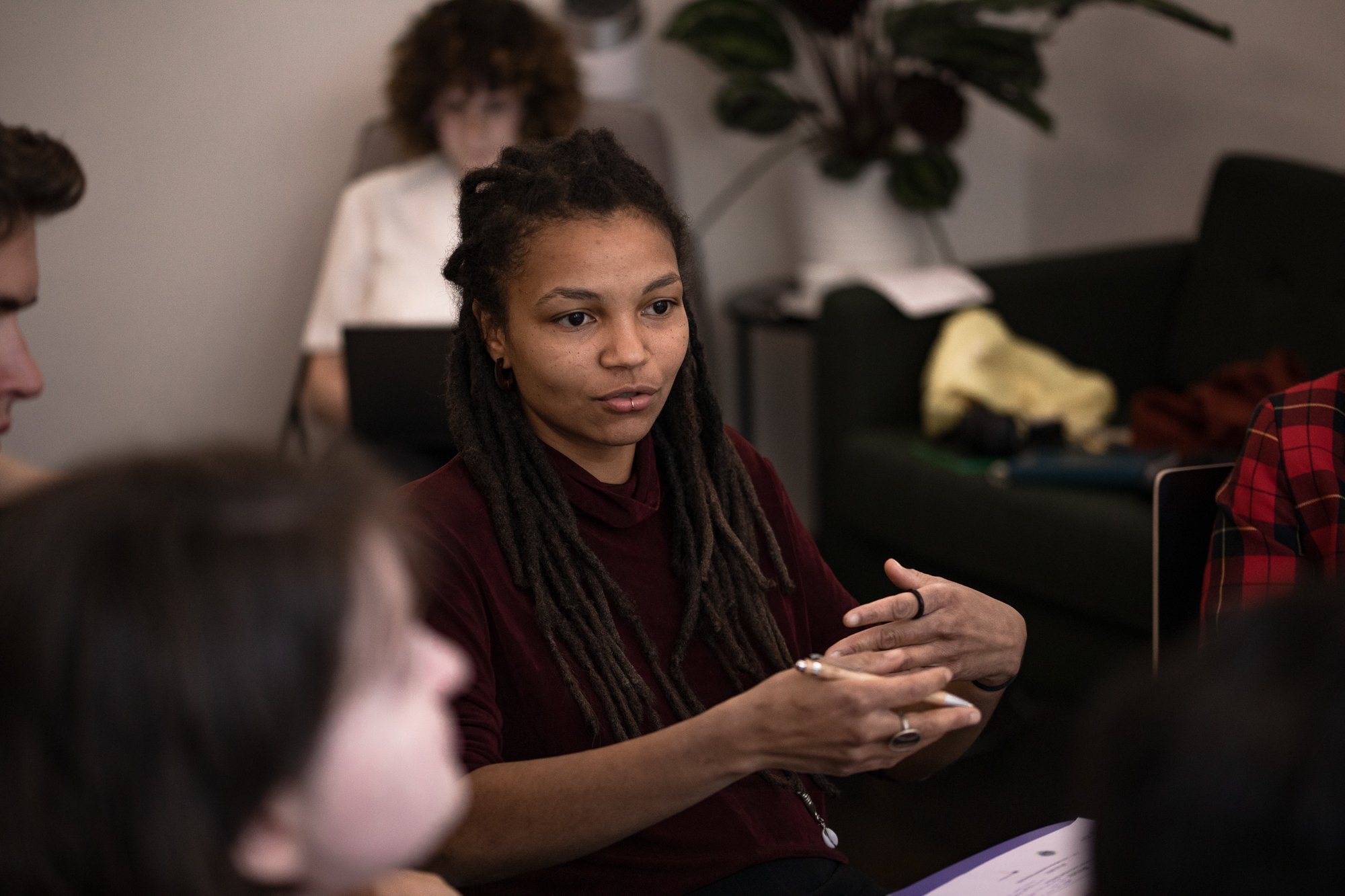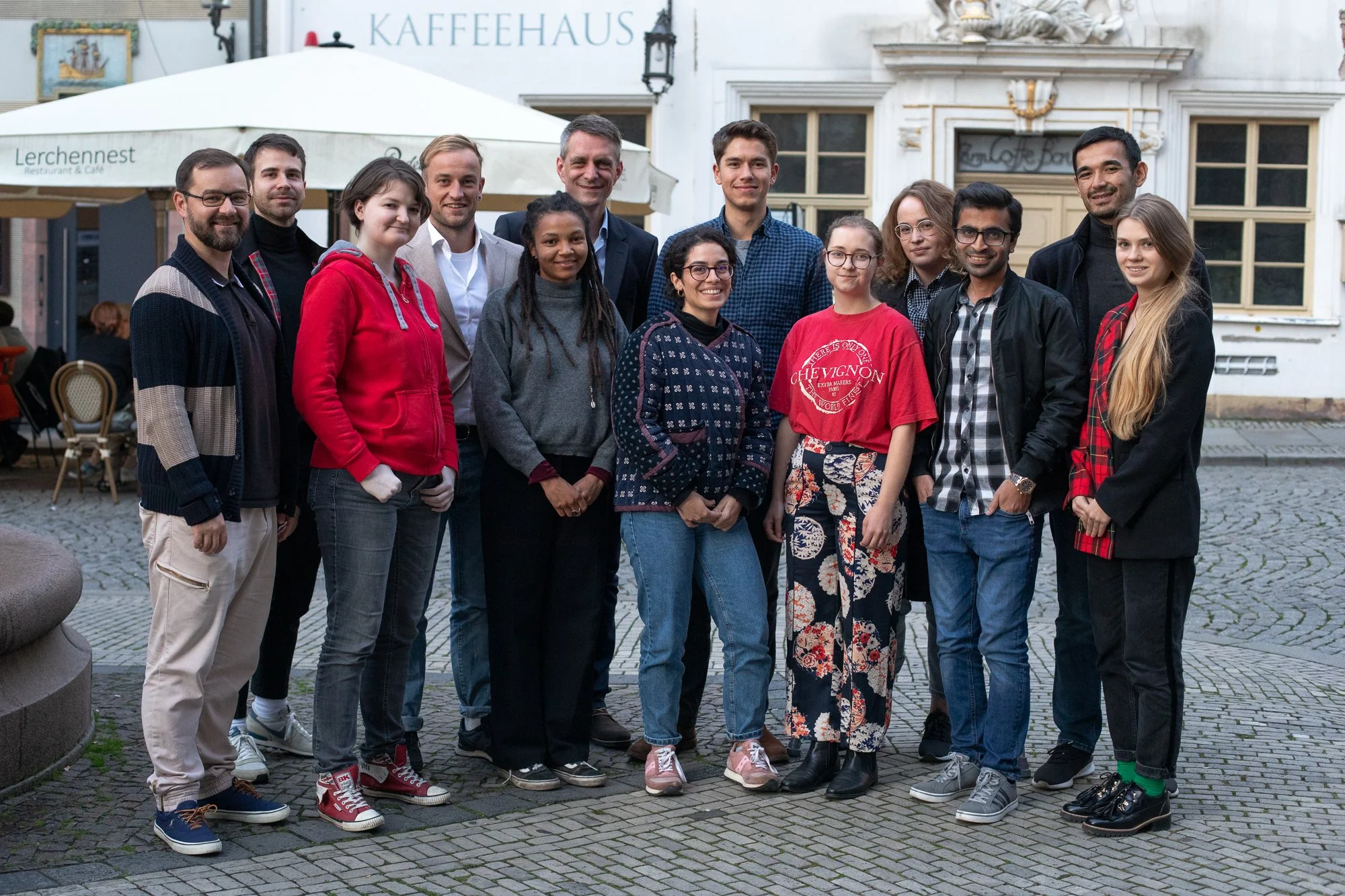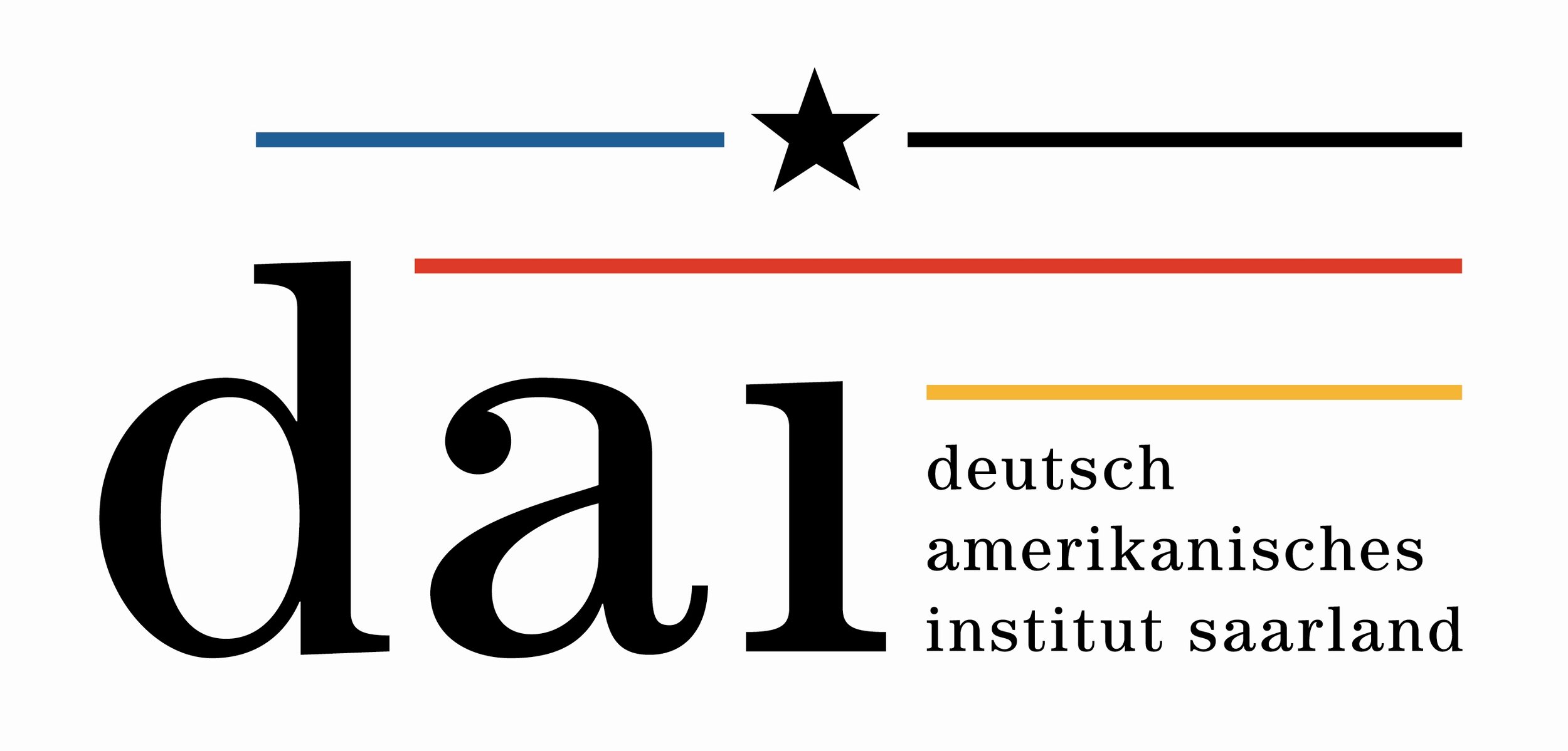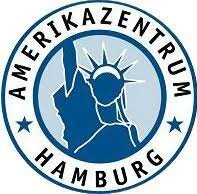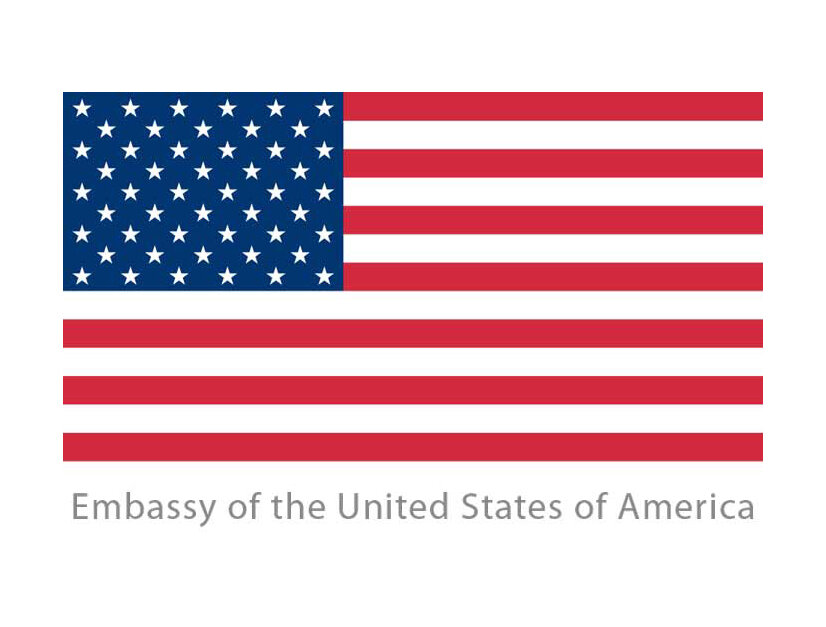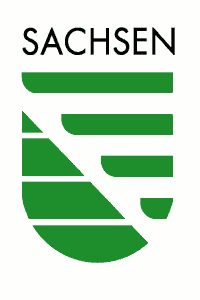Think Tanks Go Regional · EVA Reports Vol. 1
On September 30 and October 1 2021, the 1st Transatlantic Democracy Workshop @DAIS in cooperation with Transatlantika brought participants from as far as Turkmenistan, Ukraine, California, Italy and more to Leipzig, Central Germany.
With experts like the German Marshall Fund’s Thomas Kleine-Brockhoff, Brookings-expert and Director of the Michigan Economic Center John Austin, and Das Progressive Zentrum Berlin’s Paul Jürgensen and Diego Rivas we contextualized global dynamics with regional perspectives.
Together, we discussed how to feed regional perspectives into international relations of the 2020s.
During the workshop, we arrived at a multitude of facets and solutions. Below you can read our EVA-reports, featuring Emerging Voices in the trans-Atlantic space.
Why does that matter?
„Be open to new encounters, tell each other your stories, and tolerate your differences. That is the lesson from 31 years of unity.“
Kanzlerin Merkel points to a lesson relevant to both regional and global audiences. How so?
· Photo: Sonja Niemeier
· Photo: Sonja Niemeier
Global challenges like climate change, digization, and globalization have specific regional implications to societies and democratic systems; in Central Germany, and beyond. The central German region, for instance, underwent a remarkable transformation in the past 30 years. For many residents, the experiences of socioeconomic and demographic change translated into political resentment which is continuing to polarize society.
At the same time, regions and the people living there shouldered the weight of these transformations that turned some of the area into the most promising hubs for future development in the West. Most of these regions yearn for future strategies and visions that incorporate regional perspectives and experiences, and incentivize engagement with civil society.
Global transformations produce winners and losers. Ensuring social stability and cohesion, balancing gains and losses is key for democracies. Shaping structural change needs regional inclusion and is a diverse societal task.
But why should we care?
Not only former Kanzlerin Merkel urges us to actively listen and engage in conversations that can shape democratic integration. There is a need for innovative formats and contributions for younger generations to learn about the experiences from regions that have undergone structural change before.
This is why we launched our Transatlantic Democracy Workshop series to gather, multiply, and attract new voices to shape the future of democracies. Understanding, discussing and, challenging political polarization and social alienation matters when addressing global challenges in Central Germany and beyond.
· Photo: Sonja Niemeier
· Photo: Sonja Niemeier
· Photo: Sonja Niemeier
Get to know some of our fellows…
and learn what they’re currently working on.
-
is an Erasmus Mundus scholar from Pakistan pursuing his Joint Masters in Global Studies from the University of Wroclaw, Poland, and the University of Leipzig, Germany. He holds a BA degree in International Relations from the University of Pécs (Hungary) and is currently associated with Leipzig Research Centre Global Dynamics as a research assistant. In his think piece, he tries to highlight how transatlantic countries have been violating human rights in South Asia for their economic gains. His paper also focuses on the issue of climate change in developing countries and ends with suggestions to resolve these issues.
Nasrullah Ali · Photo: Sonja Niemeier
-
is a BA student of International Relations and History at the University of Erfurt. During his time in Thuringia and his personal political engagement, I was increasingly confronted with rising right-wing populism and nationalism and took a personal, as well as an academic interest in it. When it came to the writing of our think pieces, I decided to use this chance to begin organizing my thoughts on the topic and write my first (but hopefully not last) text on this issue in order to better understand this issue and gain better insight into further avenues of study.
Jan-Malte Schulz · Photo: Sonja Niemeier
-
is from the Ukraine and is now completing her B.A. in American Studies in Leipzig. Her fields of interests revolve around transatlantic relations, relations between East-Europe and West-Europe, as well as issues of gender equality. In September 2021, she was one of the editors of »Polyphonie einer Städtepartnerschaft (Kiew - Leipzig)«. She is currently writing a think piece about the discrimination of women in Ukrainian politics, which leads to obstacles in the country’s development.
Alona Biriuk · Photo: Sonja Niemeier
-
was born and raised in Turkmenistan. He is a Masters student of International Relations at the University of Bremen. In his think piece about gaining trade diversification as a result of joining the WTO as a resource-dependent country, he seeks to explore how common misconceptions about free trade intensified the populist movements in the US from both sides of the political aisle.
Ojarmyrat Gandymov · Photo: Sonja Niemeier
-
studies political science at the University of Leipzig. She is in the process of writing her Bachelor thesis on the transnational dimension of the Crack and Opioid Epidemics in the United States. Other topics that she enjoys researching and writing about are political psychology, political education, historical politics, and generally practical solutions to large-scale problems.
As a »country girl« with a metropolitan mindset, she always had to toe the line between academic, rational thinking, and using my empathy to understand why people think the way they do and derive solutions from that, for example when it comes to right-wing populist voting choices.
Luise G. Domina · Photo: Sonja Niemeier
-
is a political science BA student at the University of Leipzig. She is originally from a small town in Lusatia and in her work seeks to explore the bad image taxes have - the one-sided discourse about them and how this even chips away at the image of the democratic state and plays into populists’ hands. In her think piece she worked out a solution with which a positively connoted image around taxes can be implemented, that in turn reinforces a more positive image of the democratic state, makes parties win back votes and helps defeating populists.
Leonora Schulze · Photo: Sonja Niemeier
-
spent most of her childhood and youth in a well-protected environment in Münster in Northrine-Westphalia, Germany. Her interest to get to know other cultures and life realities pulled her to different countries of the Global South where she spent more than five years in total – visiting Middle School in Cameroon, absolving a volunteer year at a pre- and primary school in Nicaragua, studying at university in Colombia, and diving deeper into cultures of South America during a year of travelling and working. She holds a Bachelor of Arts in Languages, Cultures, and Economics from the Justus Liebig University of Giessen as well as a Master of Arts in Global Studies from the Universities of Gent and Leipzig.
Nora Peulen · Photo: Sonja Niemeier
Transatlantic Democracy Workshops 2021 · DAIS & Transatlantika · Photo: Sonja Niemeier
The Transatlantic Democracy Workshop is an initiative by the DAI Sachsen, realized in cooperation with Transatlantika, the dai Saarland, Amerikazentrum Hamburg, with generous support by the US Embassy in Berlin, the Auswärtige Amt, and Sächsische Staatskanzlei.












